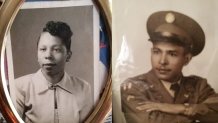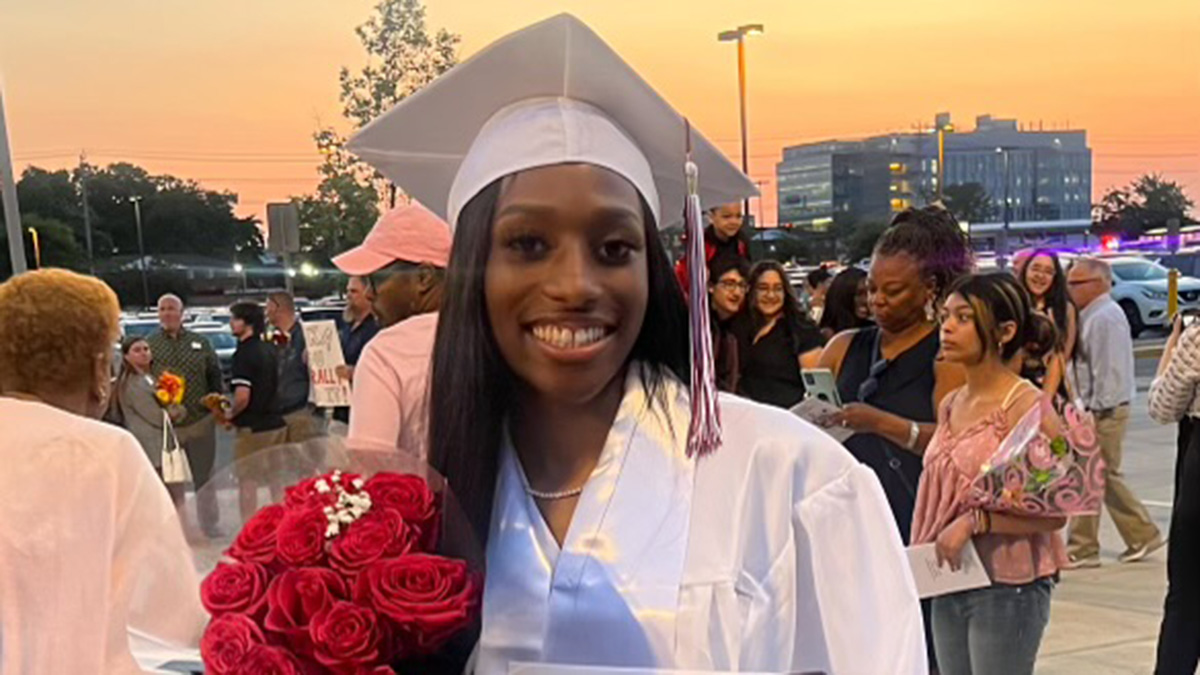At 98-years-old, Emma Green admittedly doesn’t leave her Mount Airy home too often these days. Yet she’s already made up her mind that she’ll be out of the house on November 8, 2016.
“I’m gonna vote,” she said. “I haven’t missed voting since when I started.”
It’s a tradition that Green began in 1968 when she voted for Hubert Humphrey, the former Vice President and Democratic presidential candidate who ultimately lost to Richard Nixon. For Green, it’s a practice she has never taken for granted.
Green was born in 1918, in Tuscaloosa, Alabama to a family of farmers. The granddaughter of slaves, Green grew up during the Jim Crow era, a time of discrimination, racial segregation, disenfranchisement and terror for African Americans.
“Back in the day we had fields to go to,” Green said. “I picked cotton. I cut ditch banks. I was raised on the farm and my parents were poor.”
Green remembers the hardships she and other African Americans faced while living in the deep south during the first half of the 20th Century.
“It was rough,” she said. “I saw the Ku Klux Klan. I never got to see things that I wanted to see when I was growing up. We had separate places to eat. Separate places to drink and all of that. We couldn't be with the whites. It wasn't nothing for us to walk down the street and see a black man hanging and it makes you want to cry now.”
Local
Breaking news and the stories that matter to your neighborhood.
With Jim Crow laws and disenfranchisement restricting the ability of many African Americans to vote at the time, Green was more focused on trying to make ends meet as both a farmer and a maid than politics. Green says one president in particular stood out to her however due to the impact he had on poor black farmers.
“The first president that I really remember was [Franklin D.] Roosevelt,” she said. “They used to make black people plant a lot of cotton so that they could get a lot of money for it. So when he came in he made them plow that up and paid us for it.”
It was that experience that influenced Green’s loyalty to the Democratic Party, which she still holds to this day. Yet it would take a move to the north and the passing of the landmark Voting Rights Act of 1965, which prohibited racial discrimination in voting, for her to become politically active.
“I married and met my husband,” Green said. “He was in the service for 23 years. When he retired we moved to Philadelphia in 1965.”

Green and her husband moved into a home on Limekiln Pike in Philadelphia’s Mount Airy section that she still lives in to this day. She remembers just how different it was for her living in the north in comparison to the south.
“You could sit down and eat anywhere you wanted to and you didn't have to ride in the back of the bus all the time and you could drink out of different things when we used to drink out of separate ones for black people,” she said. “We all were just like human beings altogether.”
After moving to Philly, Green worked as a factory worker in Southampton, Pennsylvania where she made airplane parts. She also was a foster grandparent and caretaker until she retired in 2006. Through it all, she had four children and a total of 26 grandchildren and great grandchildren. No longer having to face voter disenfranchisement, she voted for the first time in 1968 and has voted during every presidential election since then. For Green, the most memorable election was in 2008 when she voted for Barack Obama.
“I never thought I’d live to see a black president and a woman running for president,” she said. “My husband died in 2006. He didn’t get to see it. I never thought I’d see it but I did.”
Green plans to vote for Hillary Clinton in November and hopes she’ll help deal with a problem in her neighborhood she says has gotten progressively worse since she’s lived there: gun violence.
“When Obama came in the first thing he tried to do was get them and do away with these guns and get them under control,” Green said. “Congress wouldn’t go along with it. So I hope they’ll go along with Hillary if she tries to get control of them. In the street, everybody you see has a gun now and they started killing kids that are playing in their yard. And that’s bad.”
Green also had strong words for Donald Trump, in particular his campaign slogan, “Make America great again.”
“I mean, a lot of these young people don’t understand what Trump is for,” she said. “He’s talking like he’s talking to everybody but I know what he means. He’s talking about making this a better country. He wants to put black people back. He thinks they’ve gone too far. He wants to bring them down. And they can vote for him if they want to but they’re gonna be sorry.”
Yet regardless of who they support, Green is adamant about younger people voting, especially given all she and members of her generation had to go through to gain that right.
“Please go vote,” she said. “If you don’t want to vote for yourself, vote for me. Because I had to pay to get my voice heard and you’ve got the opportunity to get your voice heard and don’t have to pay? Just vote. If you don’t vote you don’t have the right to say anything."



